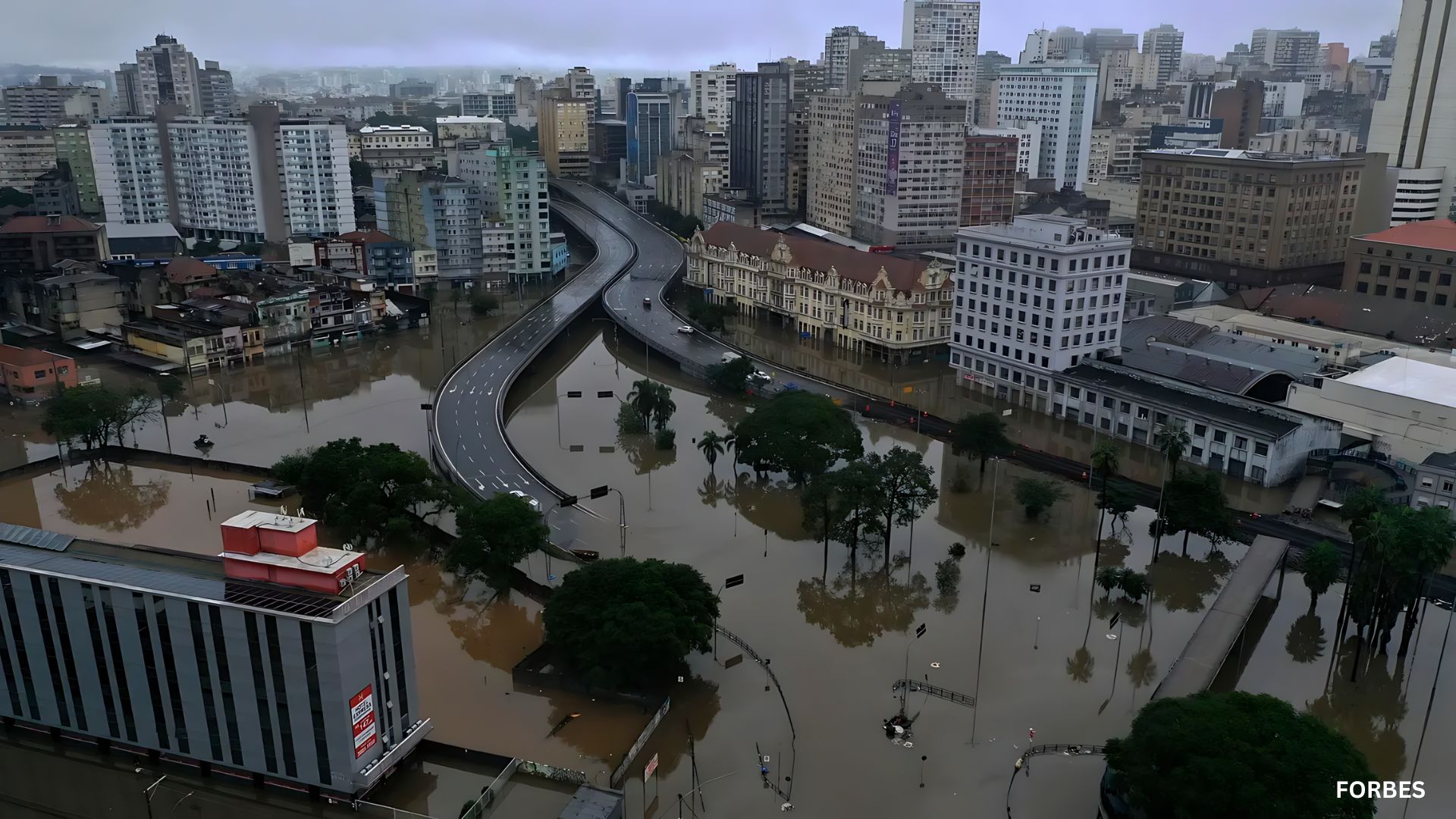


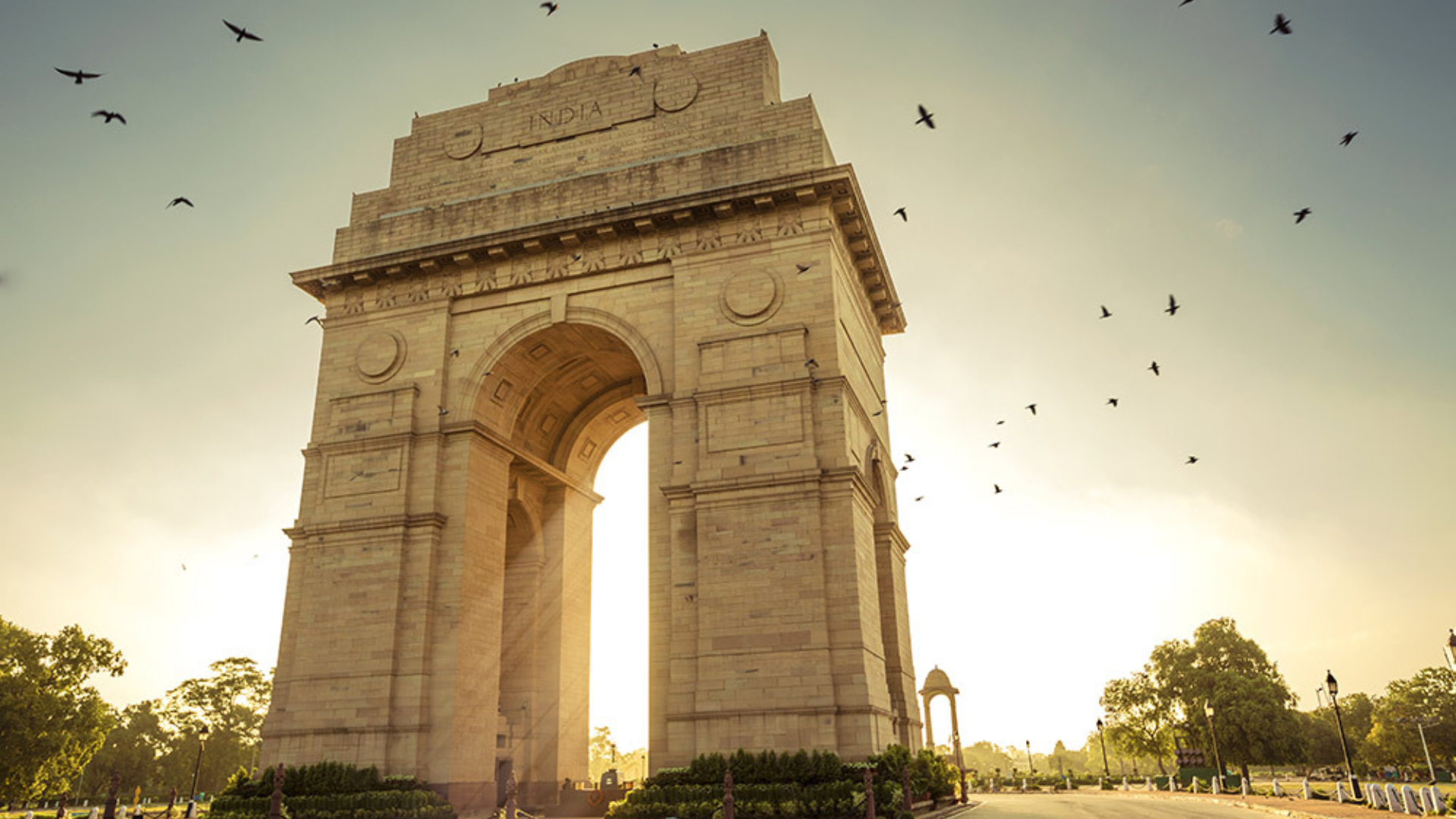

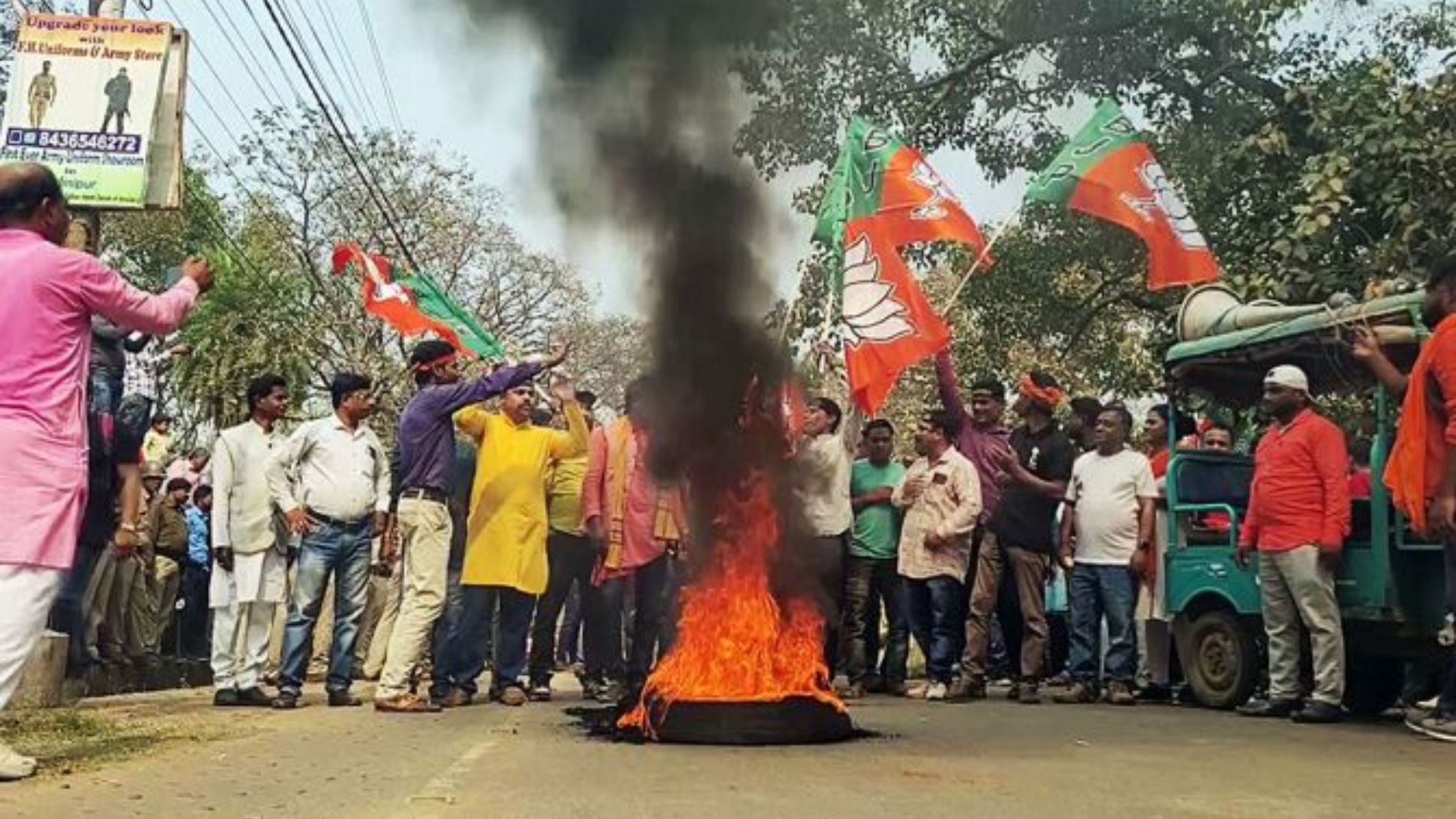
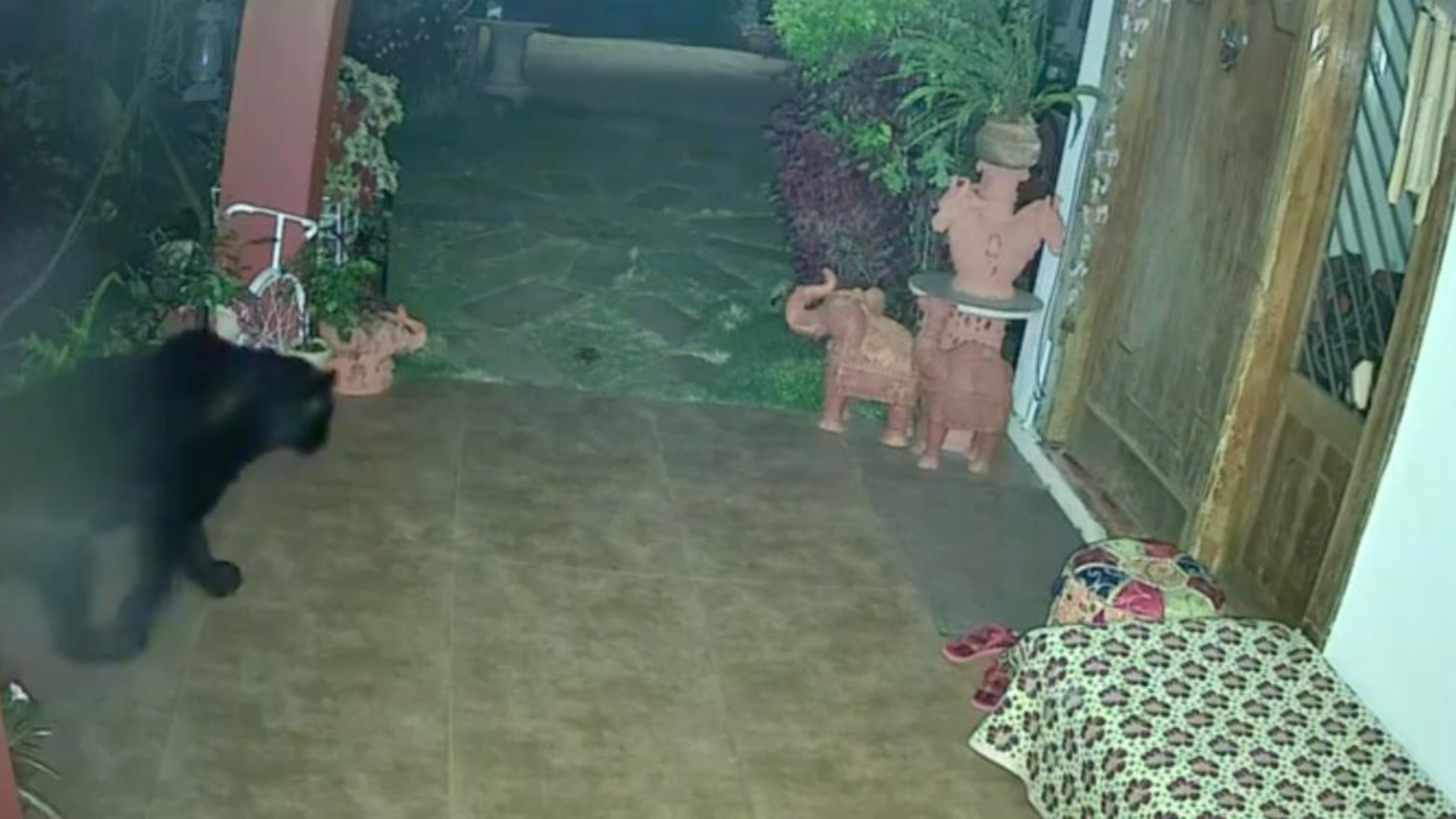
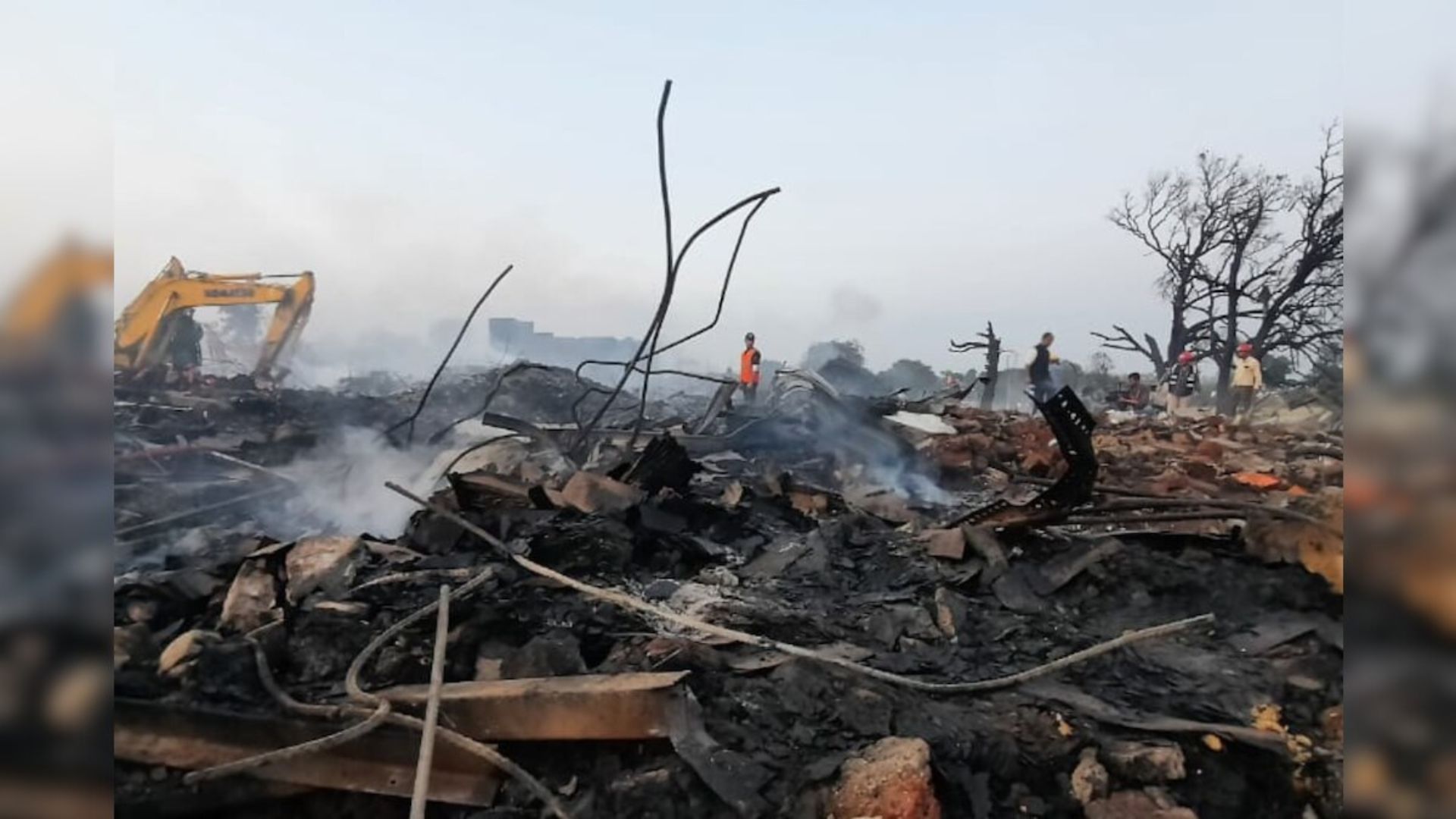
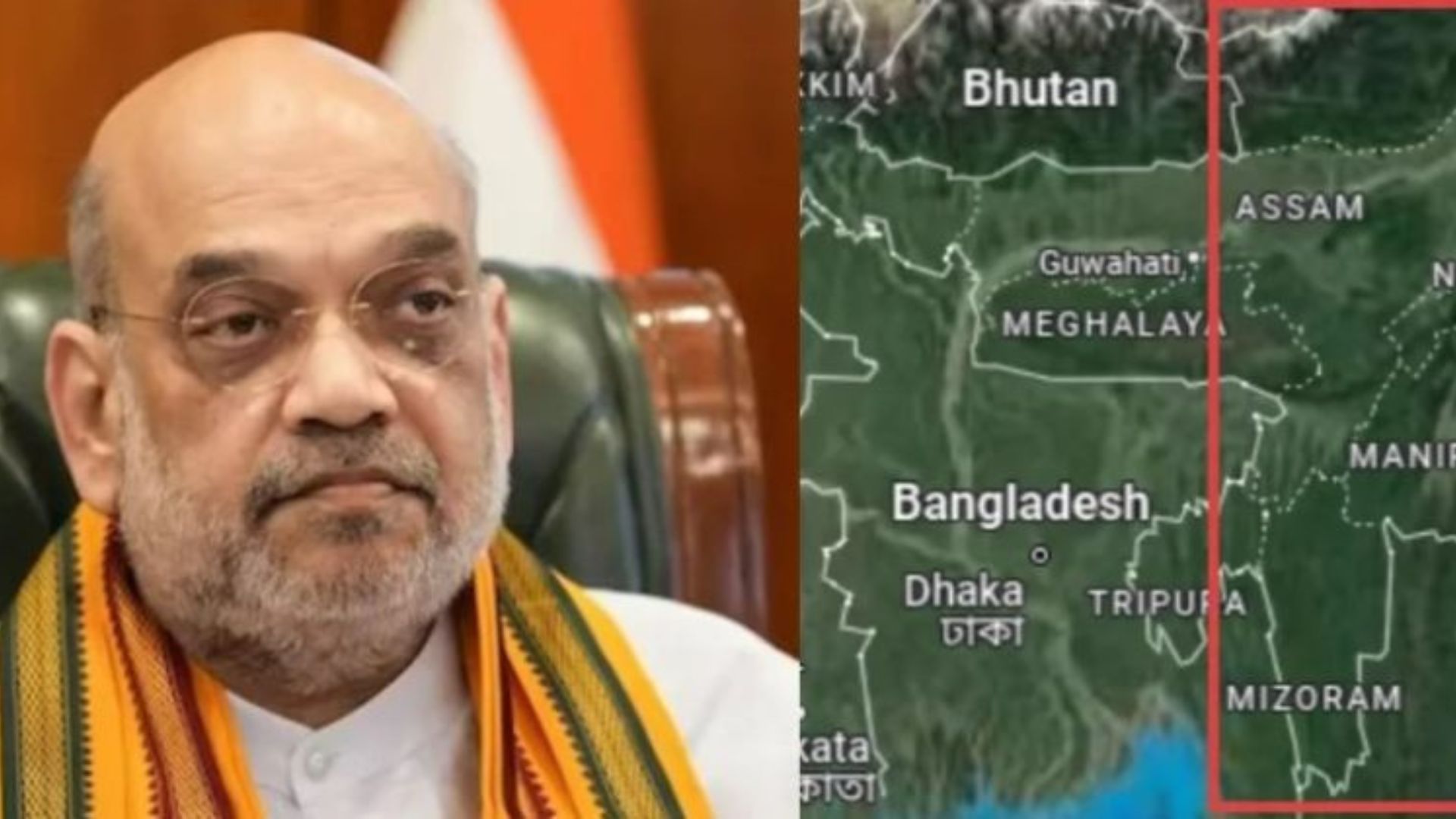

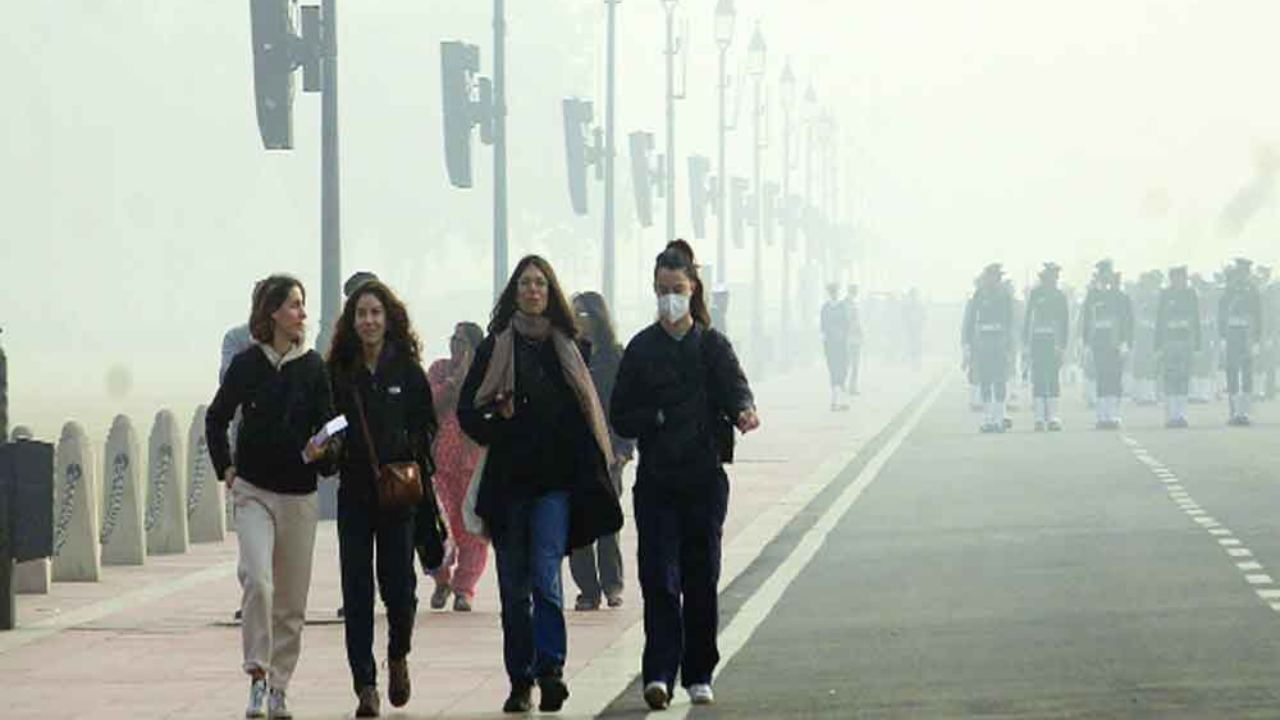
Dense fog continues to disrupt rail travel in Delhi, with as many as 23 trains running behind schedule, according to railway officials on Sunday. The low visibility in the region has resulted in significant delays, impacting various routes and causing inconvenience to passengers.
Indian Railways reported that the Puri-New Delhi Purushottam Express is experiencing a delay of nearly 7 hours, while the Howrah-New Delhi Poorva Express and Azamgarh-Delhi Kaifiyat Express are both delayed by 5 hours. Other affected trains include the Saharsa-New Delhi Vaishali Express, Allahabad-New Delhi Prayagraj Express, and Rajendranagar-New Delhi Sampoorn Kranti, all delayed by 4 hours.
The Sealdah-New Delhi Rajdhani is running late by 1.45 hours, and the Padmavat Express is delayed by almost 3 hours. The Pune-Nizamudin Duronto faces a delay of 2 hours, while the Bhopal-Nizamuddin Express is running 6 hours behind schedule, and Durg-Nizamuddin S Kranti is delayed by 3.50 hours. Additionally, the Chennai-New Delhi GT Express is running late by almost 6 hours, creating challenges for travelers.
The disruption in train services is attributed to the dense fog affecting visibility in the region. The India Meteorological Department (IMD) has forecasted dense to very dense fog at most places over Punjab, Haryana, Chandigarh, and Delhi. Many places in Uttar Pradesh and a few places in Uttarakhand are also expected to experience dense fog, along with isolated instances in the northern parts of Rajasthan. Further, dense fog is anticipated at isolated places over Jammu and Kashmir and the lower regions of Himachal Pradesh on Sunday.
The IMD has additionally predicted a further drop in mercury during the first week of January 2024, with temperatures expected to hover between 10 and 7 degrees Celsius at the Safdarjung Observatory in the national capital. As travelers contend with delays and disruptions, railway authorities are working to ensure the safety and well-being of passengers during this period of challenging weather conditions.





